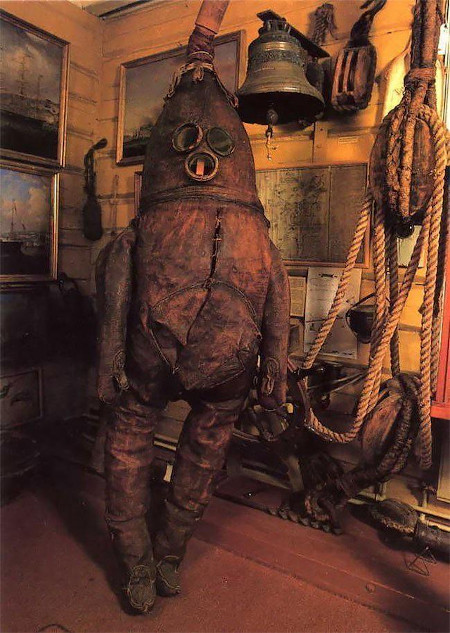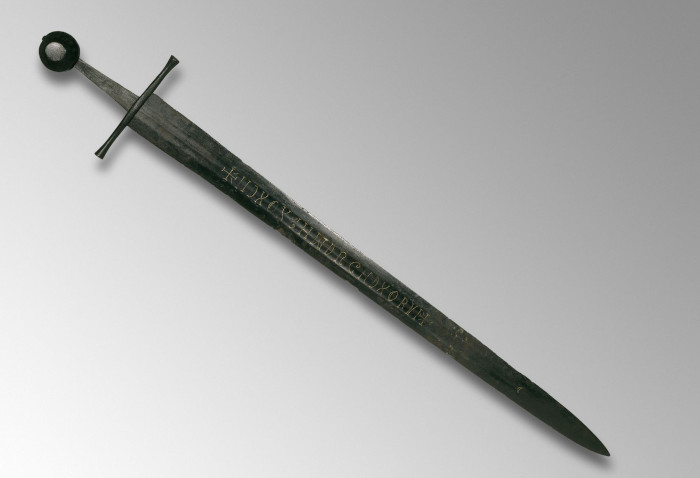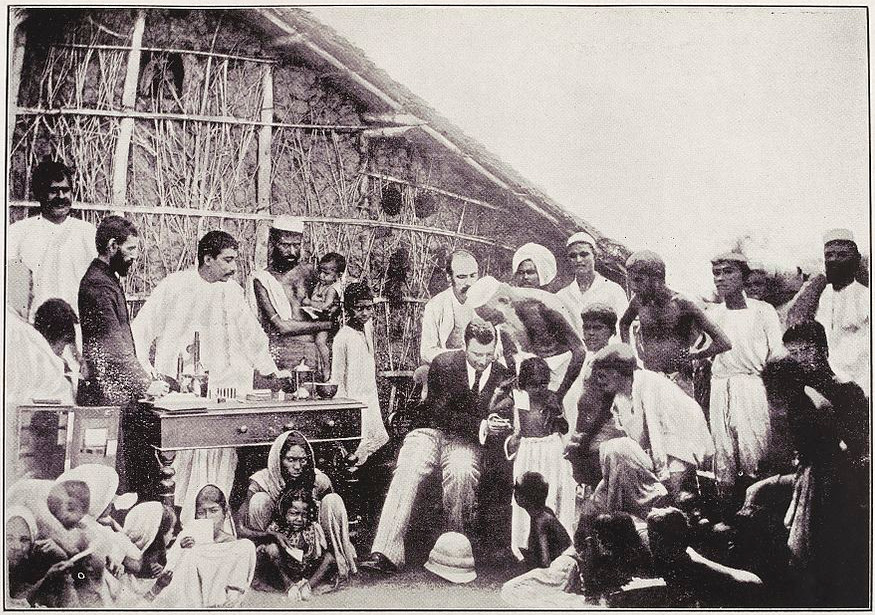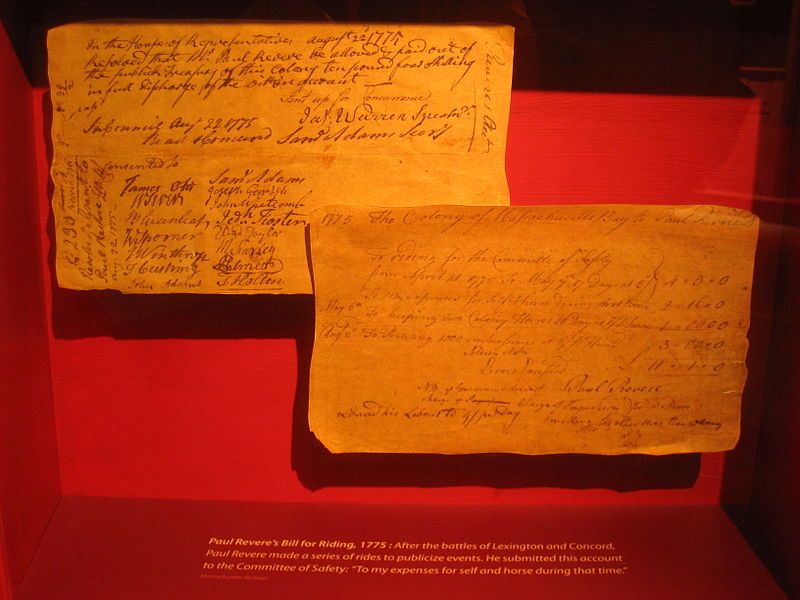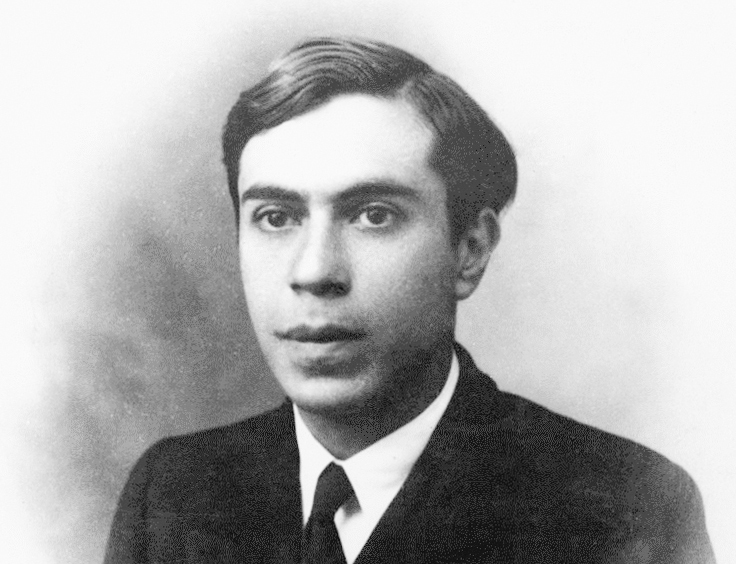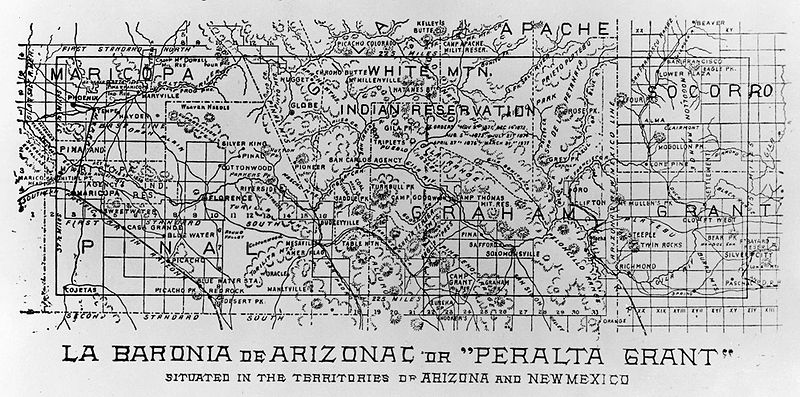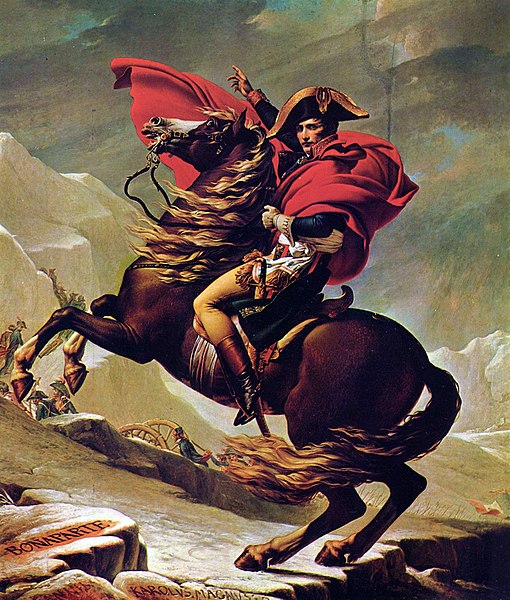
In 1819, as a riposte to David Hume’s skepticism of the Gospel history, Richard Whately published Historic Doubts Relative to Napoleon Bonaparte:
‘But what shall we say to the testimony of those many respectable persons who went to Plymouth on purpose, and saw Buonaparte with their own eyes? must they not trust their senses?’ I would not disparage either the eyesight or the veracity of these gentlemen. I am ready to allow that they went to Plymouth for the purpose of seeing Buonaparte; nay, more, that they actually rowed out into the harbour in a boat, and came alongside of a man-of-war, on whose deck they saw a man in a cocked hat, who, they were told, was Buonaparte. This is the utmost point to which their testimony goes; how they ascertained that this man in the cocked hat had gone through all the marvellous and romantic adventures with which we have so long been amused, we are not told.
“Let those, then, who pretend to philosophical freedom of inquiry, who scorn to rest their opinions on popular belief, and to shelter themselves under the example of the unthinking multitude, consider carefully, each one for himself, what is the evidence proposed to himself in particular, for the existence of such a person as Napoleon Buonaparte: — I do not mean, whether there ever was a person bearing that name, for that is a question of no consequence; but whether any such person ever performed all the wonderful things attributed to him; — let him then weigh well the objections to that evidence, (of which I have given but a hasty and imperfect sketch,) and if he then finds it amount to anything more than a probability, I have only to congratulate him on his easy faith.”

